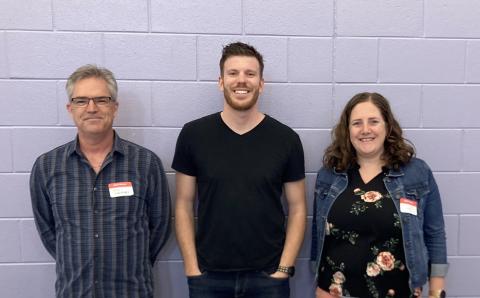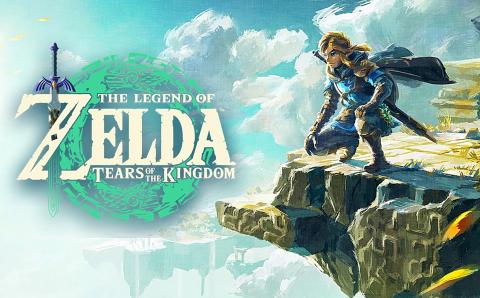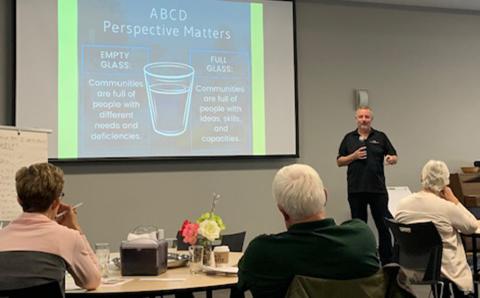Through the years humans have wondered why life doesn’t seem fair. Examples abound of good folks getting mired in heartache while people with questionable character rack up wins. Even those of us with halfway-decent lives in North America look around and wonder how we have it so good: running water, mostly functioning governments, opportunities for education and advancement. The lights go on when we flip a switch. Our kids like their teachers. Why do we have it so much better than our neighbors in Sudan—or our neighbors one town over?
Why is life like this?
The authors of the Belgic Confession wondered about this, too, and they wanted to make it really clear that God is in charge, and God is good. Really good. As in, nothing bad can come from God. This is how the authors put it in Article 13:
We believe that this good God, after creating all things, did not abandon them to chance or fortune but leads and governs them according to his holy will, in such a way that nothing happens in this world without God’s orderly arrangement.
Yet God is not the author of, and cannot be charged with, the sin that occurs. For God’s power and goodness are so great and incomprehensible that God arranges and does his works very well and justly even when the devils and the wicked act unjustly.
Sin. That’s why things are unfair. We make daily choices that undermine the kingdom of God. We are part of the unfairness.
On top of that, say our theological forebears, “the devils and the wicked act unjustly.”
A pack of 12-year-olds decide that they don’t like Sam anymore, and he’s out. Amanda cheats on a calculus test and skews the curve for everyone else. The company board votes against cleaning up pollution in 1966, and childhood leukemia rates soar in 2014. The sustained trauma of famine or war affects people at the cellular level, creating generations of descendants more susceptible to disease. Tyrants are accommodated and not confronted.
Now what?
When God directed his people to set up society, he was clear about caring for those for whom life had been particularly unfair: foreigners, widows, and orphans. “Don’t oppress foreigners, because you know how it feels to be a foreigner,” God said. “Instead, look out for them. Leave the borders of your field heavy with grain for them. Leave some grapes unpicked. Make their lives better, easier, softer” (See Ex. 22:21-24; Deut. 14:28-29; James 1:27).
The assumption in these Scripture passages is that life will be unfair. Some wives will lose their husbands, some children their fathers. Nations will be disrupted by war or famine, and people will have nowhere to live. You will see unfairness. You will see inequity. You will see the rich get richer and the poor get poorer. What do you do then? You work for the kingdom of God.
You mentor kids at a local school so that children in that area have a little more help. You sell fresh produce out of your church basement so that immigrants can retain their dignity while also feeding their families. You staff the nursery so that a single mom can have 90 minutes of focused worship. You choose to make things just a bit more fair.
You become part of God’s work in the world. You become a player on the justice team, a captain of the compassion squad, a joyful member of the anonymous donor crew.
And the world becomes a little more ordered, a little more godly, a little more Edenic. And you become a little more like Jesus.
About the Author
Mary Hulst is university pastor for Calvin University and teaches at Calvin Theological Seminary, Grand Rapids, Mich.









